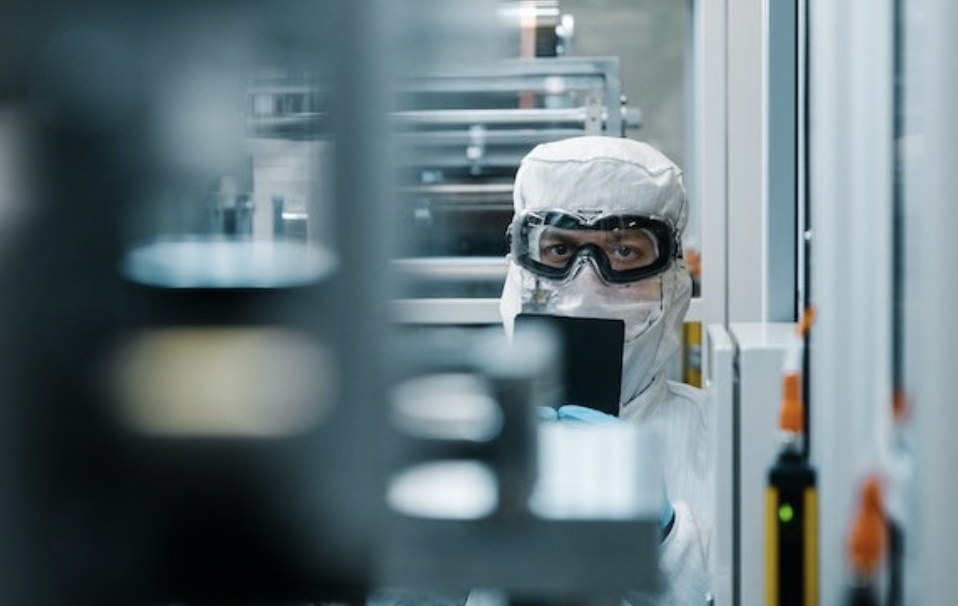
Five of the 10 biggest corporate-backed funding rounds in 2022 involved the energy transition – either in the form of electric cars and their batteries, or in the harnessing of solar power. It says a lot about where corporate investors are placing big bets.
On the non-energy side, the top 10 featured cybersecurity (a perennial favourite), gaming and sports (perhaps speaking to the need for escape during a grim economic outlook?), logistics and what was perhaps the tail end of the fintech investment frenzy of the last few years.
They may be individual deals but they give us a sense of how the future world economy is being shaped. These are the rounds and what we learned from them.
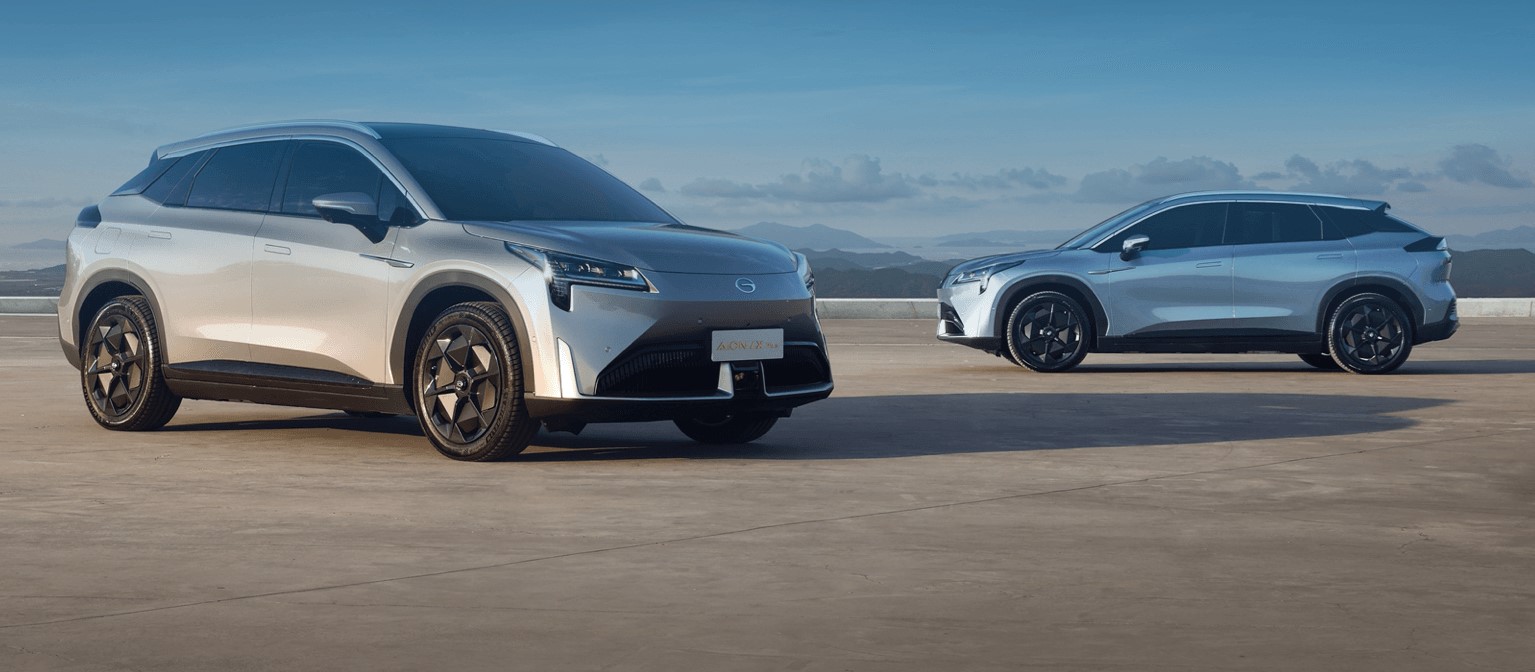
1. Aion – $2.5bn (October)
The biggest round of the year goes to Aion, the electric vehicle (EV) brand spun off by Chinese carmaker GAC, which scored a whopping $2.5bn in series A funding at a $14.6bn valuation.
Aion raised the cash from a consortium of more than 50 investors including chipmaker SMIC’s China Fortune-Tech Capital fund, battery and lithium product provider Ganfeng Lithium and insurance group PICC, but the amount is vast for a series A round and shows that Chinese carmakers are a) getting behind their EV brands and b) not afraid to spin them off.
Geely EV subsidiary Zeekr confidentially filed for an IPO in the US earlier this month expected to net some $1bn, while Dongfeng Motor’s Voyah subsidiary lies just out of this top 10, having secured nearly $700m from backers including Gannfeng in November. Launched by its parent in 2018, Aion has four models available and sold more than 210,000 units in the first 10 months of the year, numbers that could be boosted in 2023 if China extends EV subsidies.
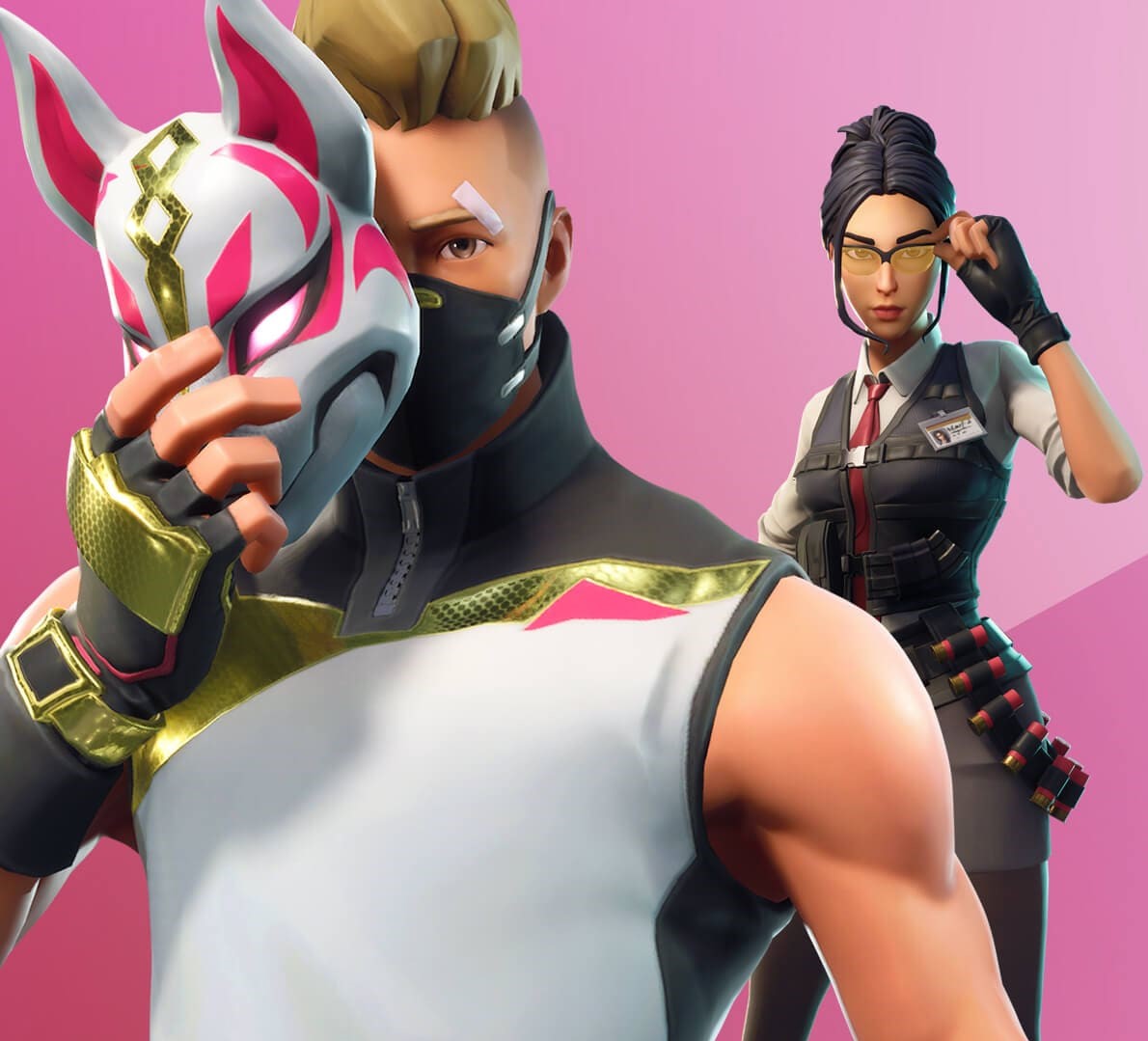
2. Epic Games – $2bn (April)
Consumer electronics producer Sony and Lego holding company Kirkbi each supplied $1bn for the video game producer, valuing it at $31.5bn. It’s a big valuation but also reflective of how Epic is one of the few VC-backed companies to generate big money.
The company is projected to make $6.3bn in revenue this year, mostly off the back of battle royale titles like Fortnite and the Gears of War series. Top games titles can generate serious money, even when they are years old.
Epic stands apart from other developers in that it’s also a tech company. Its Unreal engine is the infrastructure for some of the world’s biggest games as well as eagerly awaited titles like Assassin’s Creed Mirage and Hogwarts Legacy, both slated for 2023 releases.
Sony and Kirkbi also have a strategic interest. The former gets an in for future Epic titles to be released on its Playstation console while Kirkbi is working with Epic on metaverse games.
3. Hozon Auto – $1.5bn (July)
Spinoffs from big car brands may have had a huge 2022 but EV startups did very well in China too, most notably Hozon, which raised $1.5bn in series D funding from backers including cybersecurity software provider 360 Security Technology and battery manufacturer CATL.
Hozon specialises in sports utility vehicles and has registered high sales, reputedly by targeting corporate and government customers rather than consumers. But the presence of cybersecurity and battery corporates in its investor pool points to how the electric vehicle ecosystem now goes far beyond the traditional automotive industry as the technology becomes more complex.
The pattern can also be seen in some of the Chinese EV startups that have floated in recent years. Li Auto, Nio and Xpeng have a combined market cap approaching $50bn and their pre-IPO backers include internet groups Alibaba, ByteDance, Tencent and Baidu and electronics producers Foxconn and Xiaomi.

4. Fanatics – $1.5bn (April)
The online sports memorabilia retailer proved to be a rare bright spot in SoftBank’s portfolio this year, hiking its valuation to $31bn in a SoftBank-backed round in December, eight months after it had secured $1.5bn in funding.
The National Football League led the earlier round, which also featured Major League Baseball, the National Hockey League and football club Paris Saint-Germain. It’s a reflection of how sports brands in general are becoming bigger as greater social media and broadcasting reach allows individual leagues, clubs, franchises and players to go global in a way they never have before.
That growth can be seen in the skyrocketing prices being paid for individual teams. Todd Boehly paid $3.2bn for English football club Chelsea in May and Manchester United’s owners are reportedly seeking over $7bn in a sale. Basketball franchise the Phoenix Suns, which only plays in the US and which has never won a championship, sold a majority stake for $4bn this month.
Fanatics is meanwhile expanding through its own acquisitions, paying a combined $750m for collectible card producer Topps and sports apparel brand Mitchell & Ness this year.
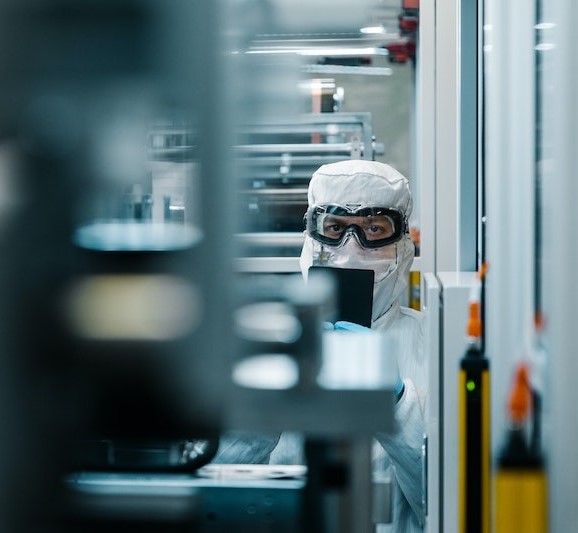
5. Northvolt – $1.1bn (July)
Volkswagen and Ikea holding company Ingka Group contributed to a round reportedly valuing the advanced battery maker at $12bn, money which will be used to grow its battery cell and cathode material manufacturing output.
The year proved to be a huge year for battery technology, with Northvolt among several companies closing nine-figure rounds. The convertible note round brought Sweden-based Northvolt’s total equity and debt financing close to the $8bn mark and is a sign not only of the enduring corporate interest in battery technology but of the huge costs involved in scaling to the point where you can make real money manufacturing and selling them.
But that interest is there: Northvolt said it has $55bn in orders from a list of customers that includes not only Volkswagen but fellow investor BMW, Fluence, Scania and Volvo Cars. The company is also putting recycling resources in place so that it can source half its raw materials from used products by the end of the decade.
6. Securonix – $1bn (April)
Cloud cybersecurity software producer Securonix recruited corporate VC units Capital One Ventures, Snowflake Ventures, Verizon Ventures and Wipro Ventures for a round that topped $1bn.
Cyberattacks are as big a threat as ever, with the Guardian newspaper, steel producer ThyssenKrupp and Queensland University of Technology all being hit in the past week.
Securonix claims to have half of the Global Fortune 10 as customers and its security information and event management software is cloud native, meaning it can easily be scaled across a range of cloud platforms – something that becomes more of an advantage the bigger the organisation.

7. Flexport – $935m (February)
Digital freight forwarder Flexport raised its first money in three years in February, pulling in $935m through a series E round backed by SoftBank Vision Fund 1 and Shopify that more than doubled its valuation to $8bn.
The three years since Flexport’s last raise has seen the Covid-19 pandemic disrupt supply chains, and they are yet to return to normal, thanks to by geopolitical disputes, rising energy costs, raw material issues and a shortage of shipping containers. Flexport’s digital platform allows customers to track shipments across land, sea and air, helping them plan for and counter problems.
The company isn’t standing still either. Trade financing subsidiary Flexport Capital picked up $200m in financing from investment firm KKR in October while corporate VC unit Flexport Ventures took part in eight deals this year.
8. Sunwoda Electric Vehicle Battery – $875m (August)
Mobile services and e-commerce group Meituan led a supersized series A round for Sunwoda Electric Vehicle Battery, an electric vehicle-focused spinoff from Shenzhen-listed lithium-ion battery maker Sunwoda.
The round represents the other side to the China-based EV manufacturers above: as one area of technology expands, adjacent industries often follow in its wake. Like Northvolt, Sunwoda EVB will channel the funding into increasing production capacity as well as developing its technology, and it isn’t the only player in the country’s EV battery sector to raise big money this year.
The series A round came just a few weeks after Chinese lithium-ion battery materials producer RT Advanced Materials received almost $740m in a series D round led by domestic carmaker SAIC, the owner of EV brands Feifan and IM, through its Shang Qi Capital subsidiary.
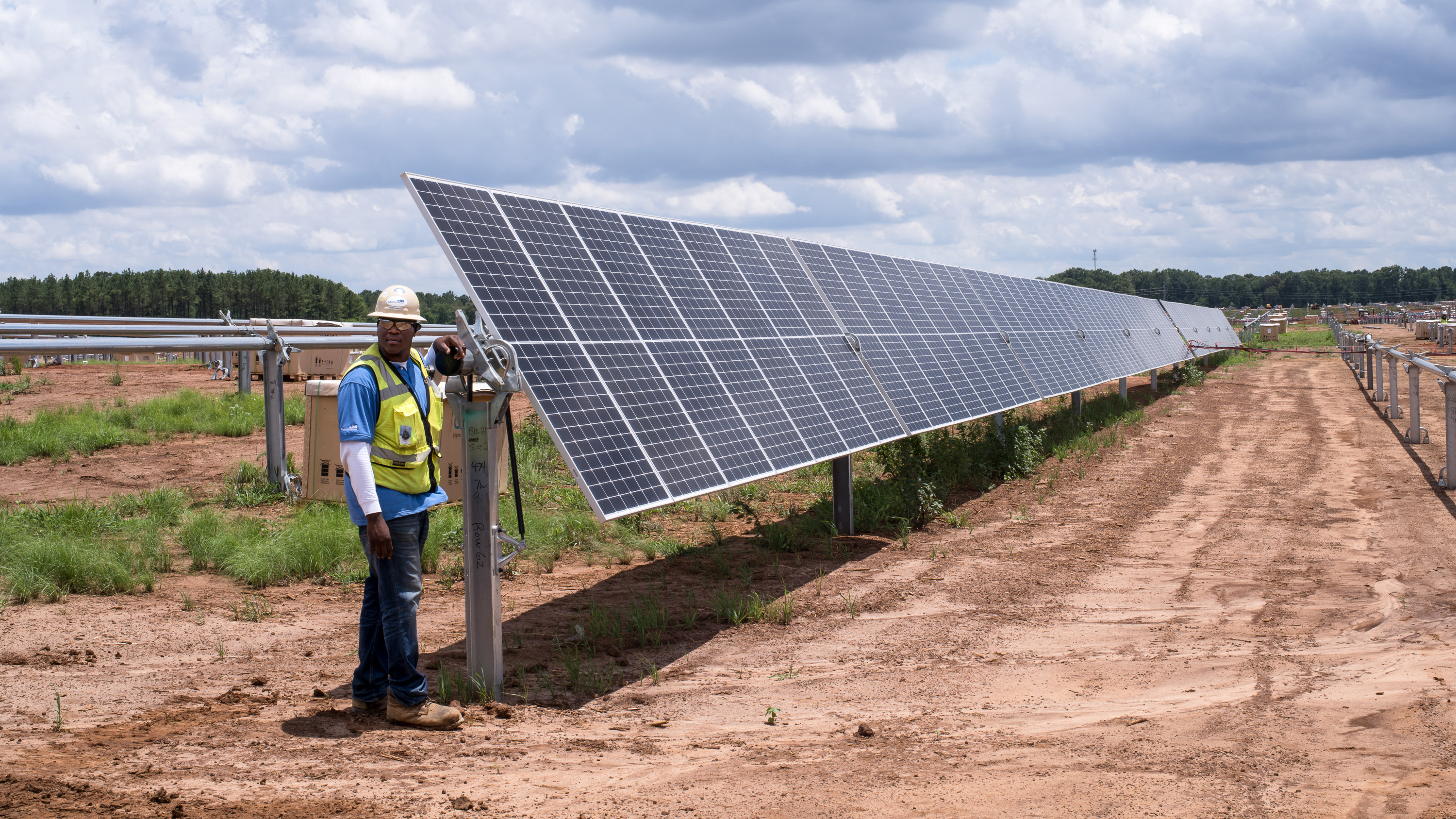
9. Silicon Ranch – $775m (January)
Insurer Manulife’s Investment Management subsidiary led a $775m round for Silicon Ranch Corporation that also featured Shell Energy, the Shell subsidiary that originally launched the solar power producer.
Silicon Ranch builds and operates grid-scale solar farms, most of which are situated in the sun-rich south-east and south-west areas of the US, providing electricity to the grid as well as dedicated customers like factories, schools and defence facilities.
The solar industry as a whole has benefitted from a decade of falling solar cell prices, and Solar Energy Industries Association figures in September predicted US solar installation is set to rise from 129 GW today to 335 GW by 2027. Silicon Ranch has some 4 GW of installations either operating, being built or contracted, and its solar and battery storage model should hopefully serve to future proof it to some extent too.
10. Ramp – $750m (March)
Ramp, the creator of a corporate card that manages and controls spending, secured $750m in a debt and equity round backed by digital payment processor Stripe that more than doubled its valuation to $8.1bn.
Still less than four years old, Ramp has built a system that uses AI to process large numbers of invoices while being able to block certain merchants or even entire categories of stores. It also became part of Stripe’s line up of enterprise apps in June. So what makes this a defining round? Simply the time of year.
Financial technology was one of the big success stories of 2020 and 2021 but funding slowed considerably as 2022 went on while valuations dropped. Stripe’s own internal valuation was cut from $95bn to $74bn in July and publicly listed counterparts Block and PayPal have seen their market caps drop by over 60% this year. Ramp might prove to be one of the last huge rounds for a fintech company for a while.
Lead photo courtesy of GAC Group
